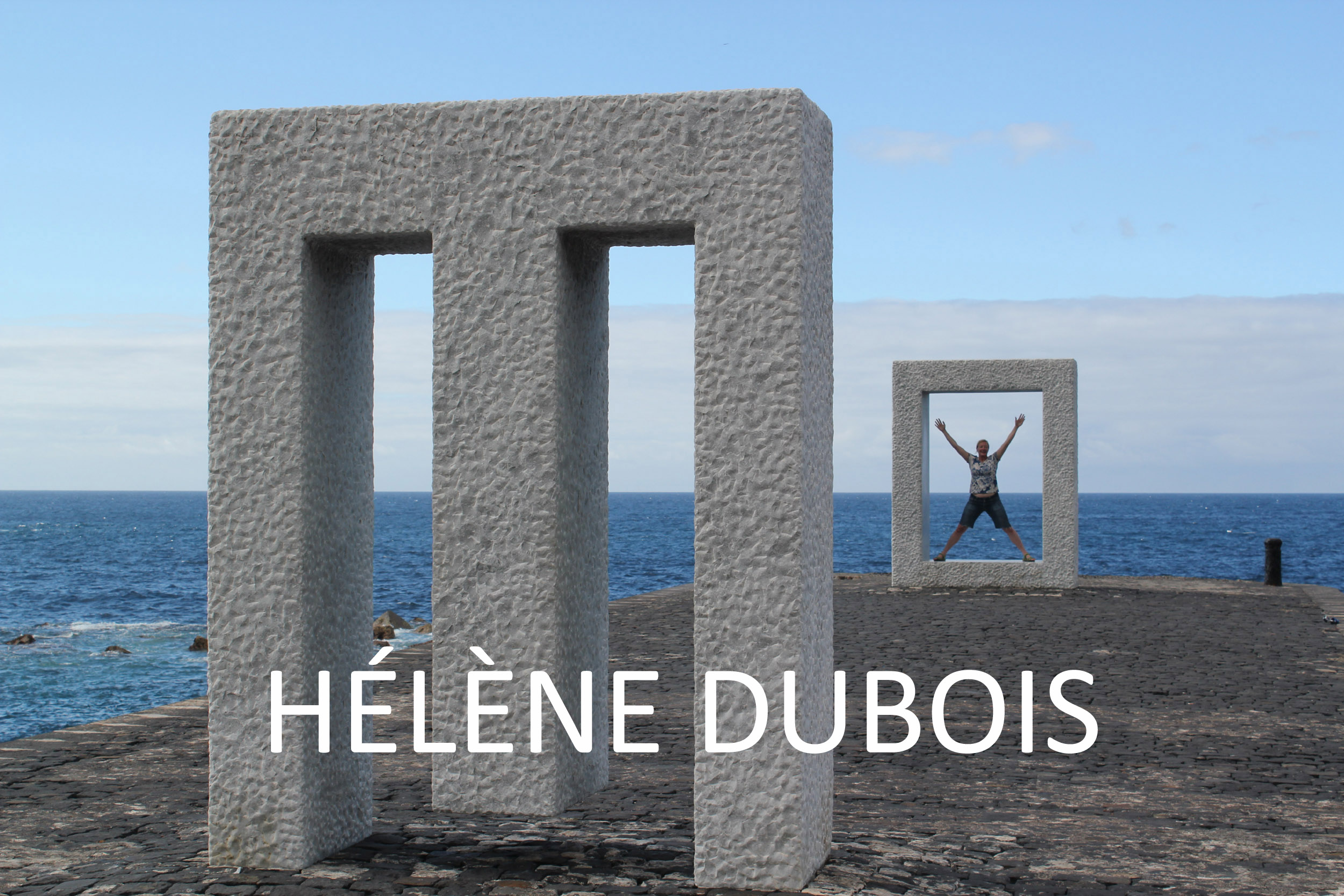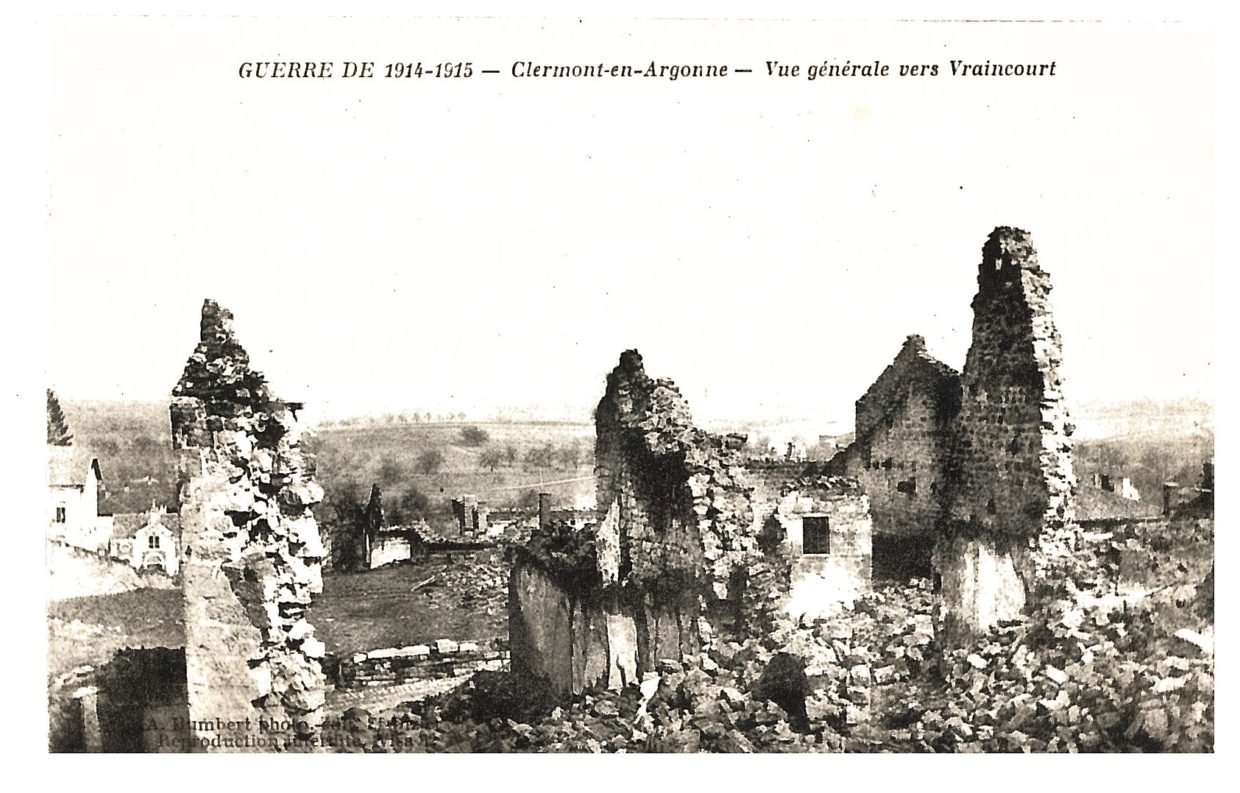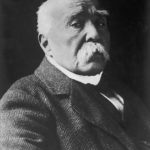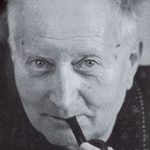http://www.bbc.co.uk/programmes/p01tbkqk
At the start of the war there was a general fervor and patriotic enthusiasm to enlist and to fight; the men would be back by Christmas. As the war progressed and men experienced the real hardships of trench war, the enthusiasm waned.The memoires of those who led the war, took the decisions and felt responsible for the deaths are specially fascinating. One example is the memoires of Georges Clemenceau, Grandeurs et misères d’une victoire (Paris, 1930).
L’armistice. Un beau mot, un grand mot à écrire quand on a vécu quatre ans dans les tortures dans l’angoisse du pire, et qu’une voix se fait entendre pour clamer: cést fini!’ .
A whole generation of English speaking journalists, writers and poets recorded their experience of the Great War. Many of those who experienced the Great War, worked their experience into their writing. There are countless testimonies of these eye witnesses.
A farewell to arms where Ernest Hemingway tells a story of love and of men doing everything possible to get out of a useless war they don’t believe in.
Verdun the battle by Jules Romains: a mix of stories of soldiers and generals, men at the front and civilians in the rear, men making money out of the war and young idealistic nobles throwing themselves in the enemy fire, in the massive war of Verdun.
To the slaughterhouse and back by Jean Giono: one of the most powerful books on what the Great War meant to the people of the French countryside. His scenes are horrendous, stinking and gruesome, and you feel the war in the pit of your stomach:
‘There was a small porch-roof to the farm. The entire front was covered with wisteria. The door had been wrenched from its hinges. There was the frothy wool of a mattress in te doorway. A young woman was leaning against the wall, breasts in the air, her head split open by a big splinter of steel.’
With great vision and insight, in the sixties the British Imperial War Museums and BBC recorded interviews with Great War veterans. Looking at them we can still experience first hand from those who fought in the “war to end all wars”
http://www.bbc.co.uk/programmes/p01tbkqk



